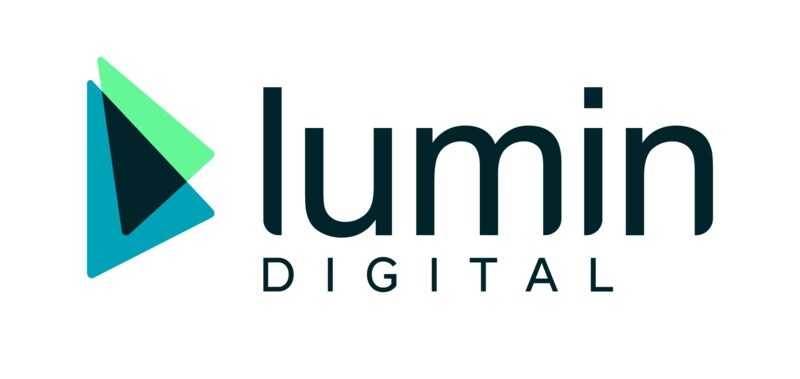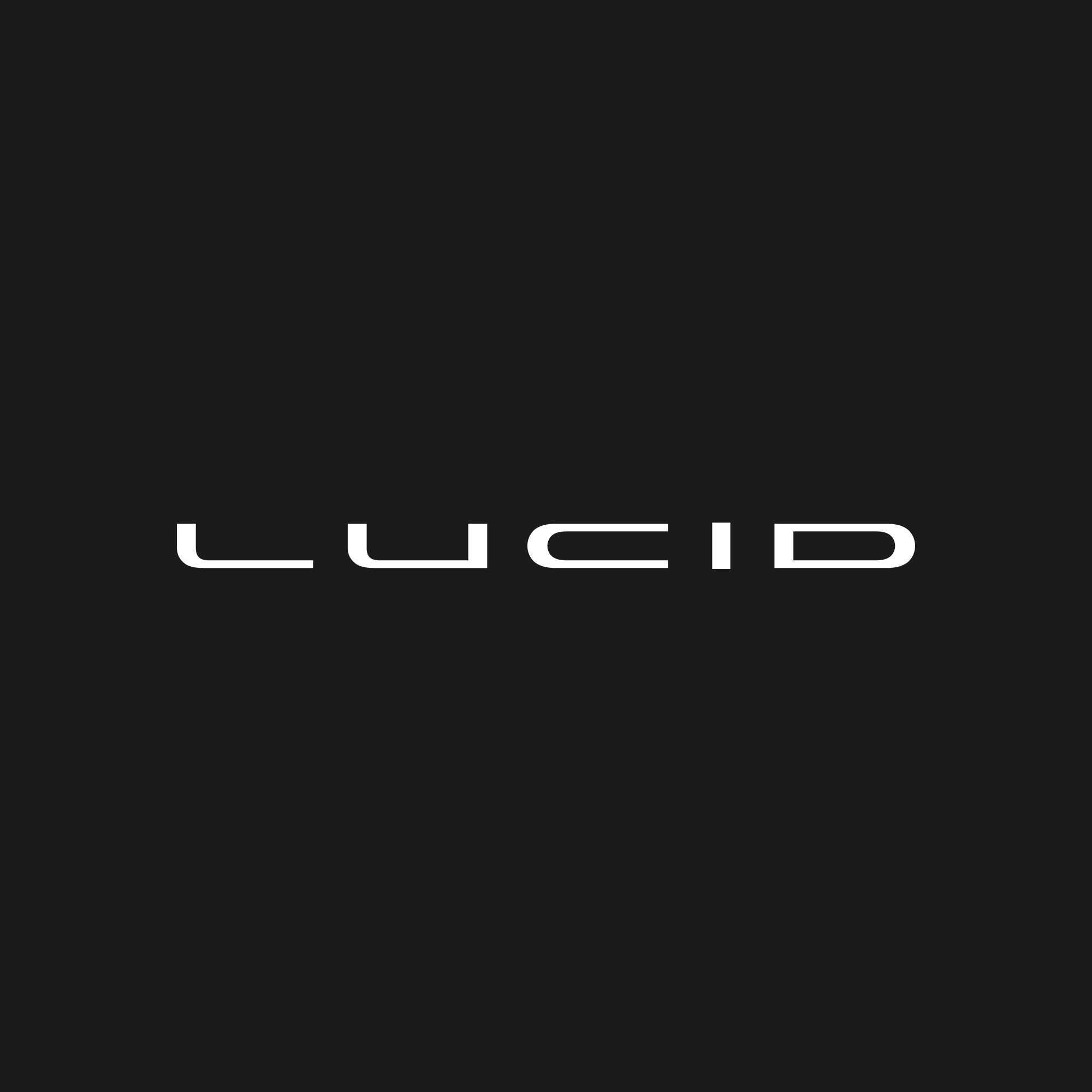Reducing excessive UM/UIM coverage could put more money in the pockets of riders and drivers, reduce excessive litigation, and improve traffic safety
EMERYVILLE, Calif. , June 6, 2025 -- A new economic impact study by BRG challenges the rationale behind California Assembly Bill 2293 (AB 2293), a 2014 law mandating $1 million in uninsured/underinsured motorist (UM/UIM) coverage for Transportation Network Companies (TNCs) like Uber and Lyft. The study finds that this mandate imposes costs that far outweigh its benefits— incentivizing litigation and fraud, likely raising fares and reducing the accessibility of rideshare transportation.
Key Findings from the Report:
- Over-Insurance Burdens All Stakeholders: The mandated $1 million UM/UIM coverage significantly exceeds what is necessary for nearly all accident scenarios. According to the study, in California, when $100,000 is the limit available for a UM/UIM insurance claim, 96% of personal auto claims settle below $100,000, highlighting the adequacy of the lower limit.
- Unnecessary Increase in Litigation and Payouts: The presence of high insurance limits increases legal incentives for personal injury attorneys. In California, nearly 85% of UM/UIM claims involve attorneys, with average payouts ballooning to over $300,000 when litigated. In comparison to Illinois, a state with similar accident statistics but a much lower mandated UM/UIM limit, just 45% of cases involve attorneys and payouts average $30,000 per claim. Importantly, even though Illinois has a lower statutory UM/UIM limit, the study shows that meritorious claims still offer enough incentive for lawyers to take them on.
- Lower Coverage Could Deliver Public Benefits: Reducing the UM/UIM mandate to a more economically justified level could lower fares, increase TNC usage, and ultimately reduce traffic fatalities. The report estimates that halving insurance costs could increase ride volume by nearly 10%, leading to more accessible transportation and a decline in drunk-driving incidents.
"California's insurance mandates for TNCs are an outlier compared to other states, both in scale and in their economic impact," said William Hamm, Ph.D., one of the report's authors. "The data shows that high coverage levels do not translate to better protection—but they do lead to excessive legal costs and fewer affordable transportation options."
The study uses real data from rideshare companies, comparisons with other states, and economic analysis to show that current insurance rules are out of step with actual risks. The authors argue that policy recalibration is necessary to better align insurance requirements with actual risk and economic efficiency.
About BRG
BRG combines world-leading academic credentials with world-tested business expertise, purpose-built for agility and connectivity, which sets us apart—and gets our clients ahead.
Our top-tier experts include experienced industry leaders, renowned academics, and leading-edge data scientists. Together, they bring a diversity of proven real-world experience to economics, disputes, and investigations; corporate finance; and performance improvement services that address the most complex challenges for organizations across the globe.
Our unique structure nurtures the interdisciplinary relationships that give us the edge, laying the groundwork for more informed insights and more original, incisive thinking from diverse perspectives that, when paired with our global reach and resources, make us uniquely capable to address our clients' challenges.
Download the full report at thinkbrg.com
This News is brought to you by Qube Mark, your trusted source for the latest updates and insights in marketing technology. Stay tuned for more groundbreaking innovations in the world of technology.








